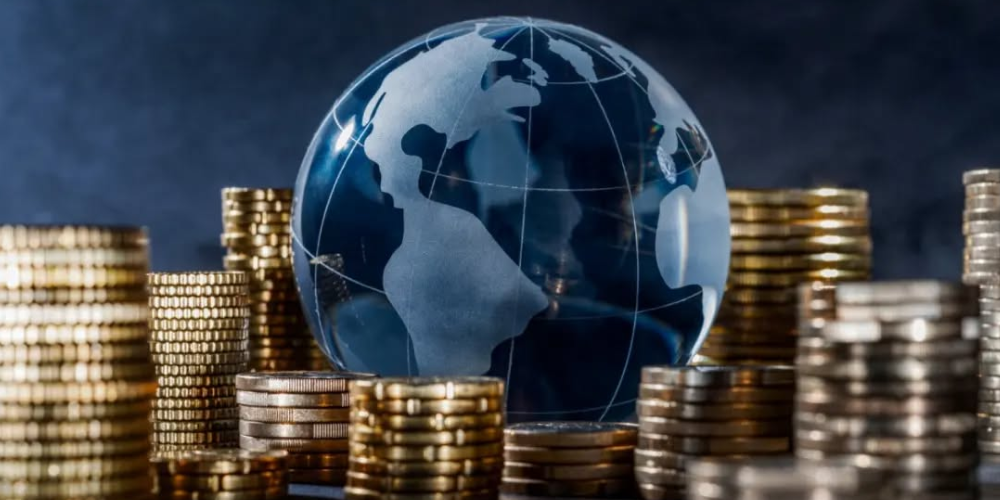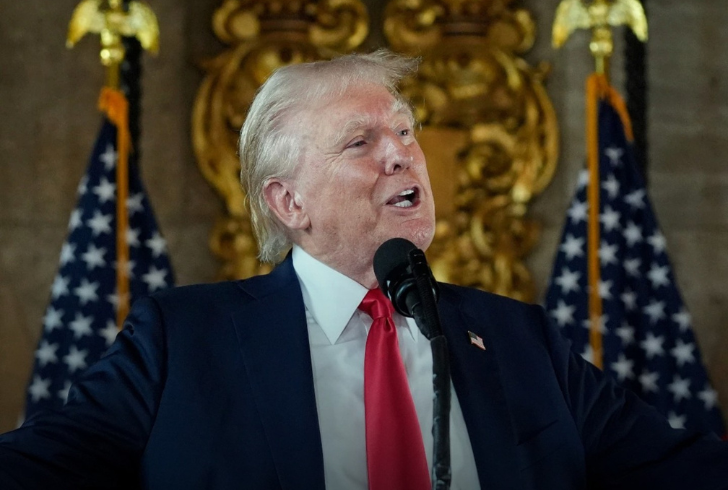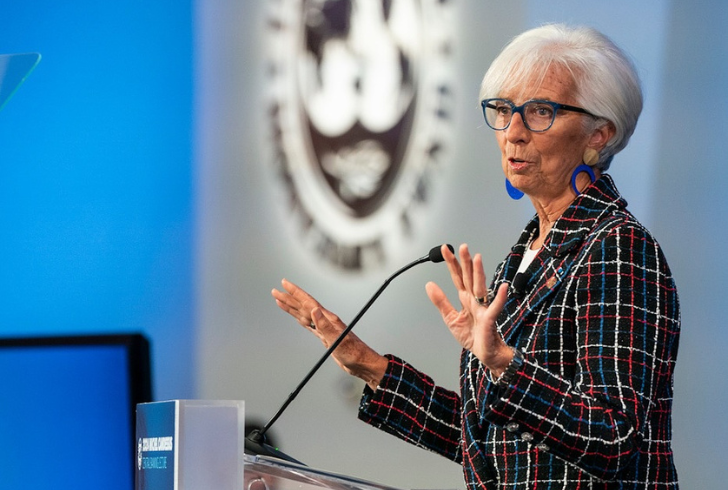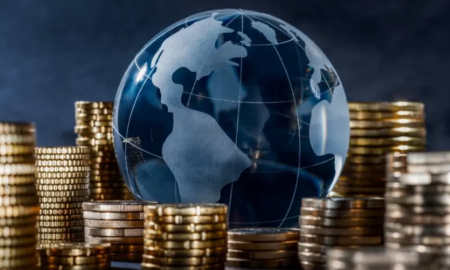
Global Economy in 2025 – A Recession or Recovery?

As 2025 approaches, the global economy stands at a pivotal crossroads. The years following the COVID-19 pandemic offered a glimpse of recovery, but the path forward is far from certain. In 2024, many central banks began to ease interest rates, having successfully tamed inflation without triggering a recession. Stocks reached impressive heights in the U.S. and Europe, marking a banner year for the wealthy.
Yet, while financial markets were rallying, the everyday realities for ordinary citizens told a different story. Inflation, skyrocketing living costs, and economic dissatisfaction led to significant political shifts around the world. Looking ahead, the global economy in 2025 faces a series of risks that could derail progress, creating a landscape of uncertainty that is hard to predict.
More inCommunity
-
`
Top 5 Things to Do in the Big Apple
New York City, often hailed as the “City That Never Sleeps,” offers an endless array of experiences. From towering skyscrapers to...
September 11, 2024 -
`
Easy-to-Follow Steps to Make Pappardelle Pasta at Home
Making pappardelle pasta at home is a rewarding culinary experience that brings the taste of Italy into your kitchen. Pappardelle, a...
September 5, 2024 -
`
How Legally Binding Is a Lease?
How legally binding is a lease? Understanding how legally binding a lease is becomes crucial for landlords when considering rental agreements....
August 31, 2024 -
`
Top 5 Must-Try Dunkin’ Donuts Breakfast Foods
When you are on the go and need a quick yet satisfying breakfast, Dunkin’ Donuts is a favorite stop for many....
August 21, 2024 -
`
What Are the Top 6 Best Places to Raise Children in the U.S?
Choosing where to settle down and raise a family is one of the most significant decisions parents can make. Finding the...
August 17, 2024 -
`
Is Wearing a Hoodie a Sign of Depression?
Is wearing a hoodie a sign of depression? This question has crossed the minds of many concerned parents and friends. It...
August 9, 2024 -
`
Top 6 Things You Should Consider Buying When You Are in Japan
Traditional Japanese Tea Sets When thinking about what to buy in Japan, traditional Japanese tea sets top the list. These beautifully...
July 31, 2024 -
`
Which Caribbean Island Has the Best Food? Here Are the Top 10
Exploring which Caribbean island has the best food is a delightful journey through diverse culinary landscapes. Each Caribbean island offers unique...
July 25, 2024 -
`
Can You Claim Child Support on Taxes? Understanding the Rules
Navigating the financial landscape after a divorce or separation can be overwhelming, especially when it comes to understanding the tax implications...
July 19, 2024

















You must be logged in to post a comment Login